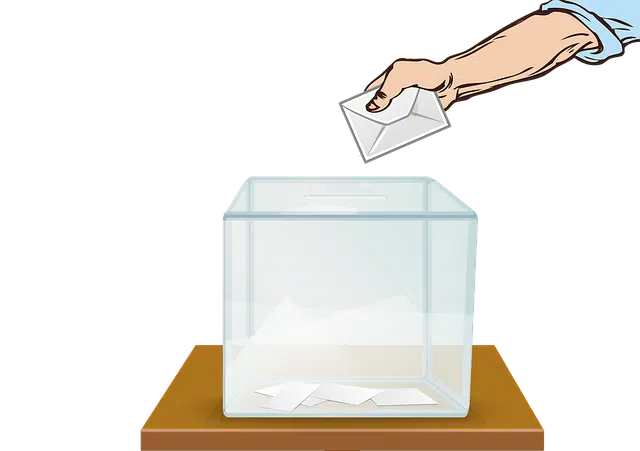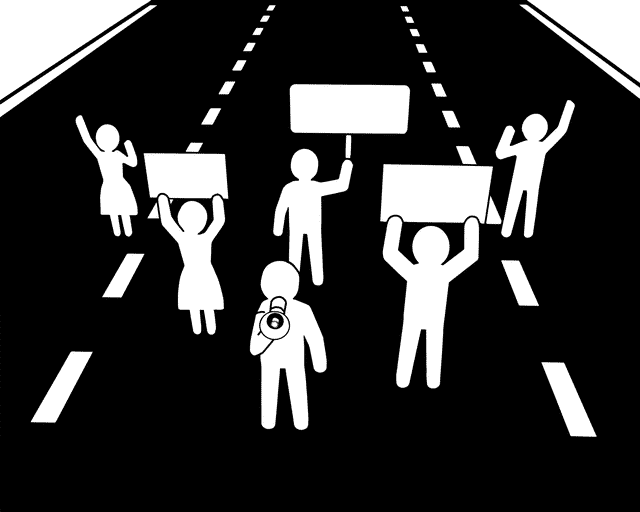
In a democratic government, authorities are chosen through free elections.
The body in charge of directing the executive power of a State is called the government . The president, ministers and other officials are responsible for the administration of the government. Democratic , for its part, is that linked to democracy : the form of government in which citizens hold political power.
A democratic government , therefore, is one whose authorities emanate from the people, since power belongs to the entire citizenry. In this way, people make collective decisions through various participation mechanisms, whether indirect or direct.
Legitimacy of a democratic government
Democratic rulers have legitimacy as representatives of the people. This legitimacy is usually linked to free elections that allow people to vote for those who will represent them in different levels of the State : this means that the democratic government has a legal origin. Regarding the mandatory nature of voting, this issue sparks endless debates about its consequences on the principles of democracy itself.
The president who heads a democratic government, in this framework, comes to occupy that position when he is voted by the inhabitants of his country. Once in power, its mission is to work for the common good: it does not represent a particular sector nor should it defend the interests of a certain group. Their actions, on the other hand, are limited to what is established in the National Constitution (a democratic ruler never has absolute power).
It is important to keep in mind that a government can come to power through democratic means (free elections) but then exercise said power in an authoritarian or dictatorial manner, losing its status as a democratic government. The democratic qualification is dynamic and is linked to the development of political events.

Democratic governments must respect the rights enshrined in the Constitution, such as freedom of expression and the right to protest.
The origins
Democracy has its origins in ancient times, since we see it in many of the ancient civilizations that based their institutions on systems that are included under the concept of tribal democracy , characterized by equality and the feeling of community .
One of the best-known examples of democratic government is found in certain ancient Greek city states, particularly Athens around the 6th century BC. C. The cities, which are known as polis , were not very large nor did they have a high number of inhabitants, and due to these characteristics it was possible to have a town assembly . Only free men could participate, so that three quarters of the population were absolutely excluded from this right: women, foreigners and slaves.
A different conception of a democratic government
If we stop for a moment in this remote case of democratic government, we can notice the absurdity of calling an organization that denies power to such a large portion of the people in this way: let us not forget that in the etymology of democracy we have two terms. Greeks who give us the idea of "the power is in the people."
In this form of democracy, representation did not take place, that is, the rulers were not elected by the people; On the contrary, all citizens who met the two requirements set out above passed through the assembly alternately. Furthermore, its sovereignty was absolute. Needless to say, in the more than two millennia that separate us from that era, the characteristics of this type of government have evolved considerably, although there is still a long way to go.
Already in the 12th century, the Democratic and Constitutional League of Haudenosaunee was created on the American continent, which was composed of the Oneida, Cayuga, Mohicans, Seneca and Onondaga nations. In it, the equal participation of men and women, the division and limitation of power were the fundamental bases. Many thinkers consider this the oldest form of modern democracy.
